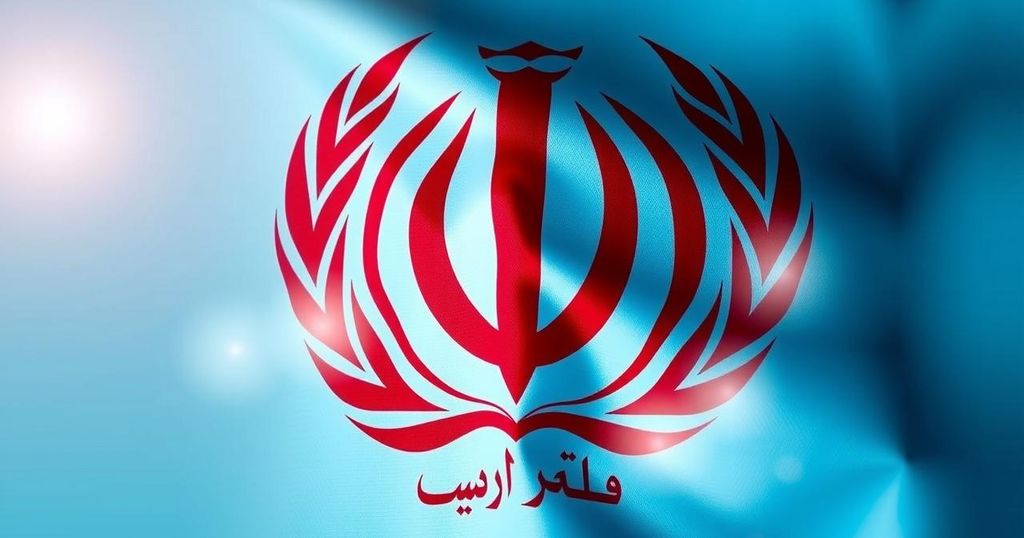Elias Hazrati highlighted Iran’s governmental focus on transparency and managing energy crises. President Pezeshkian aims for national unity amidst polarization and addresses vital topics such as gasoline imports and electricity shortages, advocating for dialogue over conflict. His recent message at the UN emphasizes peace and reconciliation.
In a recent interview with Etemad Online, Elias Hazrati discussed the Iranian government’s commitment to addressing national issues while emphasizing transparency. He highlighted the current administration led by President Massoud Pezeshkian, which operates with an ethos of honesty and openness regarding significant policy discussions, such as internet regulations and car imports. Moreover, Hazrati pointed to Iran’s energy crisis, revealing that $6 billion has been earmarked for gasoline imports despite the country’s vast oil and gas reserves.
The country is grappling with an alarming electricity shortage, currently down 20,000 megawatts, projected to escalate to 25,000 megawatts by next year, resulting in frequent blackouts. Hazrati called for immediate action to alleviate this issue, arguing that conflicts will not resolve Iran’s pressing challenges. Additionally, President Pezeshkian has acknowledged the societal divides and is striving for national unity, steering clear of siding with any particular group. His message at the 79th UN General Assembly emphasized peace and reconciliation amid external pressures.
This dialogue underscores the government’s awareness of the need for strategic action to improve the country’s current situation and enhance its international relations through constructive engagement rather than discord.
The current discussions surrounding Iran’s approach to the Financial Action Task Force (FATF) are part of a broader effort to bolster international relations and mitigate economic isolation. The Iranian government, under President Massoud Pezeshkian, faces numerous internal challenges, including energy shortages and public dissatisfaction with current policies. The emphasis on transparency, public discourse, and national unity reflects a significant shift in governance aimed at restoring public trust and fostering cooperative international engagement. Historical context shows that Iran’s economic policies have often been hampered by extensive sanctions and geopolitical tensions, further complicating efforts to enhance diplomatic relations.
The interview with Elias Hazrati reveals a concerted effort by the Iranian administration to openly address crucial national issues and improve transparency. As Iran navigates through its energy crisis and seeks constructive international relationships, the advocacy for national unity and engagement over conflict represents a crucial strategy. Furthermore, President Pezeshkian’s leadership emphasizes reconciliation, essential for restoring stability within the nation and enhancing Iran’s standing on the international stage.
Original Source: ifpnews.com






